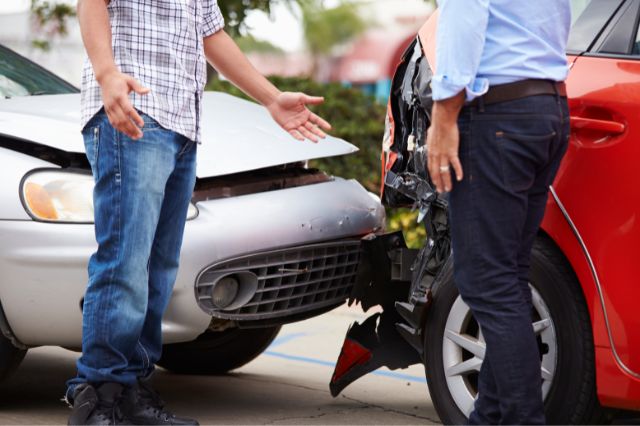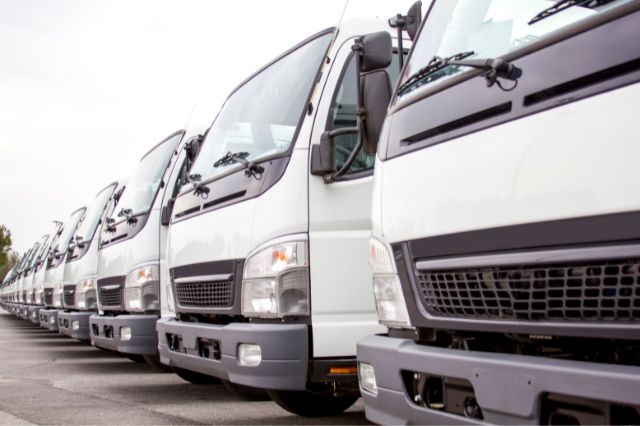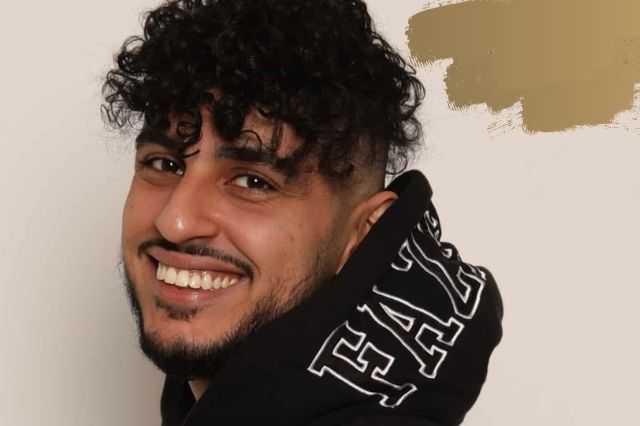The rise of rideshare services like Uber has transformed the way we think about transportation in Florida and beyond. However, the convenience of hailing a ride with a few taps on a smartphone brings with it new complexities when accidents occur.
Determining fault in an Uber accident case in Florida involves navigating a mix of state laws and company policies. This article aims to clarify this process, providing valuable insights for passengers, drivers, and other parties involved in such incidents.
Understanding Florida’s No-Fault Insurance System
Florida operates under a no-fault insurance system, which means that after most vehicle accidents, drivers will first turn to their own personal injury protection (PIP) insurance, regardless of who was at fault.
This coverage is designed to pay for medical expenses, lost wages, and other out-of-pocket costs after an accident. However, the no-fault system has its limits, and in cases of severe injuries, victims may seek compensation beyond what PIP provides by filing a lawsuit against the at-fault party.
This is where determining fault becomes crucial, especially in accidents involving Uber vehicles.
Examining the Role of Uber’s Insurance Coverage
Uber provides its drivers with varying levels of insurance coverage, depending on the driver’s status at the time of the accident. Understanding this coverage is key to determining fault and compensation.
When the Uber app is off, the driver’s personal insurance is the primary coverage. Once the driver turns on the app and is available for rides, Uber’s insurance provides limited liability coverage.
This coverage jumps to a higher level from the moment a ride is accepted until the passenger is dropped off. If an accident occurs during a ride, Uber’s commercial insurance policy, which includes $1 million of liability coverage, comes into play.
The specifics of the accident and the driver’s status can significantly influence the determination of fault and the source of compensation.
The Investigation Process
Determining fault in an Uber accident in Florida involves a detailed investigation process. When investigating a car accident, one usually takes a few steps. First, they check out the police report. Then, they examine the findings at the accident scene.
They also listen to what people who saw the accident have to say and watch videos of the crash. Insurance companies and lawyers use all this info to determine who was at fault for the accident. This is important because it helps decide who is responsible.
In the context of an Uber accident, determining negligence could involve the driver, Uber as a company, other involved drivers, or a combination of these parties.
Comparative Negligence in Florida
Florida follows a comparative negligence rule, which means that multiple parties can share fault for an accident. In an Uber accident case, this means that the liability could be divided among the Uber driver, the rideshare company, and any other drivers involved, based on their respective degrees of fault.
This rule allows for the reduction of compensation by the percentage of fault attributed to the claimant, making the accurate determination of fault critical for all parties involved.
Determining fault in an Uber accident case in Florida requires a thorough understanding of the state’s no-fault insurance system, Uber’s insurance coverage policies, the detailed investigation process, and the comparative negligence rule.
These elements work together so everyone in the accident gets a fair shake by the law. Knowing how to determine blame in these situations is essential for folks riding with Uber, the drivers, and anyone else on the roads of Florida.
This helps a lot when dealing with what comes after an accident. Suppose you’re looking to get compensated for injuries or defend yourself from being blamed. In that case, it is vital to understand the basic rules discussed for how things proceed in Uber accident cases in Florida.







Leave a Comment